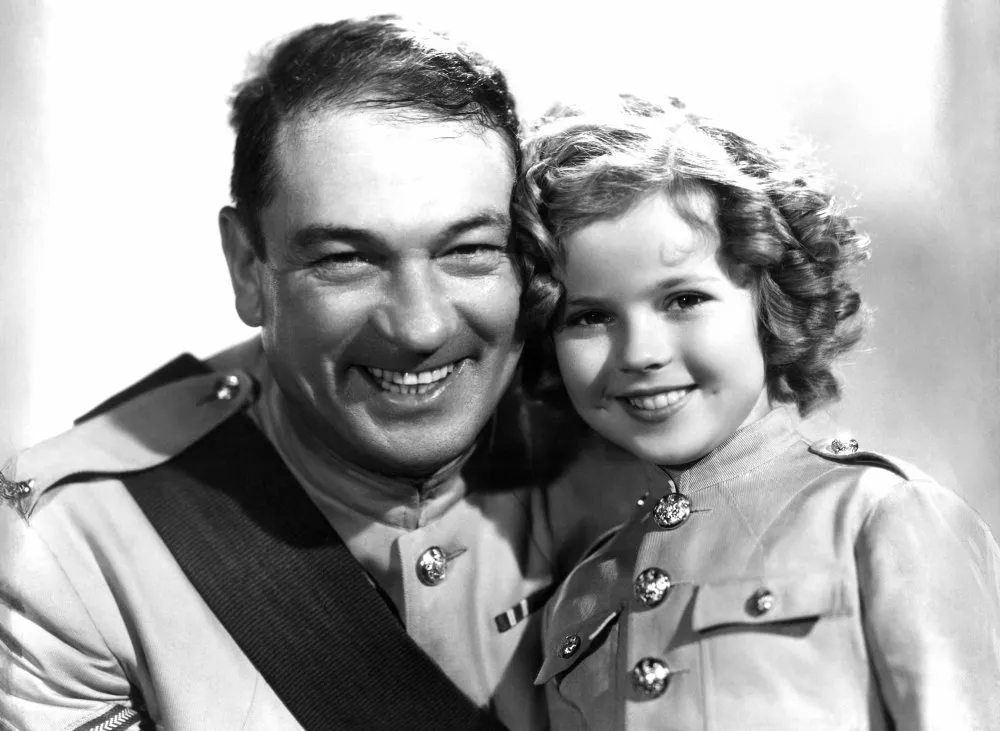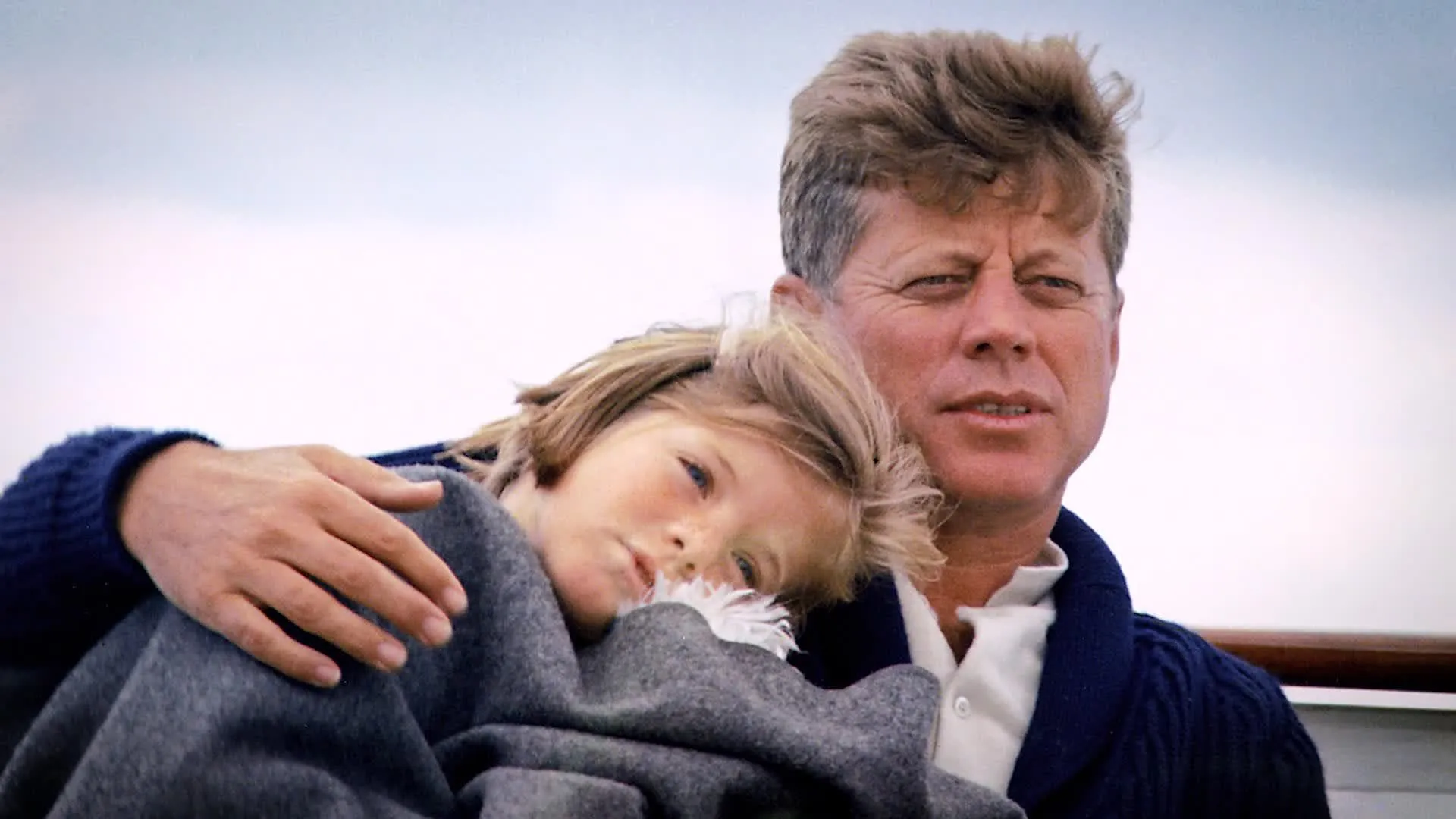In the realm of American television, the late 1970s marked a period of significant evolution and experimentation. Amid the proliferation of sitcoms and dramas, one series stood out, pushing boundaries and defying conventions. "Soap," which aired from 1977 to 1981, left an indelible mark on the medium. This article delves into the comedy and controversy that defined the TV series, and its lasting legacy.
(Watch the video below)
A Revolutionary Concept

When "Soap" first premiered in 1977, it introduced a radical concept to the television landscape. It was a parody of soap operas, a genre long-revered for its melodrama, intrigue, and often outlandish storylines. Created by Susan Harris, "Soap" took the formula of the soap opera and injected it with a healthy dose of irreverent humor and satire. The show revolved around two families, the wealthy Tates and the working-class Campbells, as they navigated a world filled with infidelity, deception, and absurd plot twists.
The central conceit of "Soap" was its portrayal of everyday life as an over-the-top soap opera. The characters faced exaggerated versions of typical soap opera dilemmas, such as amnesia, mistaken identities, and dramatic love triangles. This twist allowed the show to parody the very conventions it was built upon, creating a unique blend of comedy and melodrama.
A Stellar Ensemble Cast
One of the key factors contributing to the success of "Soap" was its stellar ensemble cast. The show featured a mix of established actors and rising stars, each bringing their comedic and dramatic talents to the fore. Katherine Helmond, Richard Mulligan, and Robert Guillaume, among others, delivered memorable performances that endeared their characters to viewers.
Katherine Helmond portrayed Jessica Tate, the matriarch of the affluent Tate family. Her portrayal of a neurotic, somewhat ditzy woman navigating the chaos of her family's life added depth to the show's comedic core. On the other side, Richard Mulligan played Jessica's husband, Burt Campbell, who often found himself entangled in absurd situations.

Robert Guillaume's portrayal of Benson DuBois, the sharp-witted butler, earned him accolades and eventually led to a spin-off series. Guillaume's character was a standout, providing a much-needed dose of rationality amid the madness of the Tate and Campbell families.
The Controversy
While "Soap" was celebrated for its humor and groundbreaking approach to television, it also faced its fair share of controversy. The show's content pushed the boundaries of what was acceptable on primetime television at the time.
One of the most contentious aspects was the portrayal of Jodie Dallas, a gay character played by Billy Crystal. Jodie's sexual orientation was a major point of contention in the late 1970s. The controversy surrounding Jodie Dallas highlights the societal attitudes of the time and the challenges faced by the LGBTQ+ community. The character, however, also paved the way for greater visibility and acceptance of LGBTQ+ individuals in the media. "Soap" can be seen as a forerunner in challenging stereotypes and opening discussions about issues that were often ignored on television.
Balancing Comedy and Drama
"Soap" managed to strike a delicate balance between comedy and drama. The show's writing was skillfully crafted to blend outrageous humor with moments of genuine emotion. This balance was key to the series' success and allowed it to resonate with a broad audience.
The show's dramatic storylines often led to genuinely touching moments, such as the trials and tribulations of the characters' relationships and family dynamics. These moments added depth to the characters and made viewers care about their fates, even amidst the most outlandish plot twists.

One notable example of this balance was the storyline involving Burt Campbell's affair with a ventriloquist's dummy. While the premise may sound absurd, the show handled it with a surprising level of sensitivity, delving into the character's psychological struggles and the impact on his family.
The Legacy of "Soap"
"Soap" left a lasting legacy in the world of television. It not only paved the way for more daring and unconventional programming but also addressed important societal issues. The show's willingness to tackle controversial subjects set a precedent for addressing real-life concerns within the framework of a comedy.

The character of Jodie Dallas, portrayed by Billy Crystal, is often cited as a groundbreaking moment in LGBTQ+ representation on television. Although the character faced resistance at the time, it opened the door for more diverse and inclusive storytelling in the years that followed.
Additionally, the success of "Soap" led to the spin-off series "Benson," focusing on Robert Guillaume's character. "Benson" went on to have a successful run of its own, illustrating the potential for spin-offs from unconventional source material.

The show's legacy extends to the broader landscape of television comedy. "Soap" showcased that humor could be smart, subversive, and relevant while entertaining a wide audience. It challenged the status quo of traditional family sitcoms by presenting a non-traditional, extended family dynamic filled with absurd yet relatable situations.
In many ways, "Soap" was ahead of its time, tackling themes and subjects that wouldn't become widely accepted in mainstream television until much later. Its ability to balance comedy and controversy, while delivering social commentary, helped redefine the possibilities of the medium.
"Soap" (1977-1981) was a trailblazing television series that combined comedy and controversy to create a lasting legacy. By parodying the conventions of soap operas and addressing taboo topics, the show challenged the boundaries of primetime television. Its stellar ensemble cast, balanced storytelling, and willingness to tackle real-life issues set it apart from the traditional sitcoms of its era.
The controversy surrounding the portrayal of Jodie Dallas, a gay character, was a pivotal moment in LGBTQ+ representation on television, highlighting the challenges and progress of the era. "Soap" successfully balanced the outrageous with the emotional, creating a unique blend of comedy and drama that resonated with viewers.
The show's legacy endures in its impact on television programming, paving the way for more diverse and inclusive storytelling. It remains a testament to the power of comedy as a vehicle for social commentary and a reminder of the importance of pushing boundaries in the world of entertainment. "Soap" will always be remembered for its audacity and the mark it left on the history of television.




